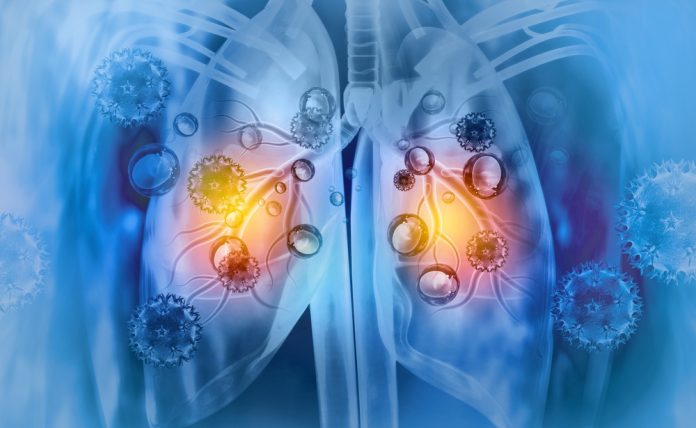University of California San Diego and University of California Berkeley researchers have been awarded up to $7m from the Advanced Research Projects Agency for Health (ARPA-H) to conduct research under the PROTECT project for lung infection treatment.
The project targets pathogens such as Pseudomonas aeruginosa and potentially Staphylococcus aureus, which pose significant health risks for individuals with lung infections such as cystic fibrosis and those dependent on respirators.
“We are excited to begin this important endeavour and grateful to ARPA-H for their vision,” said Karsten Zengler, PhD, professor in the Departments of Pediatrics and Bioengineering at UC San Diego.
“This research could pave the way for a new modality to optimise dosing and monitor lung health, particularly for individuals suffering from cystic fibrosis, a rare yet debilitating genetic condition with no known cure.
“This project represents an innovative strategy to tackle infectious diseases in ways previously unexplored. If successful, this technology will revolutionise how we approach microbe-related illnesses.”
How PROTECT is advancing lung infection treatment
The PROTECT project seeks to combat lung infections by assembling a community of beneficial lung microbes that can outcompete harmful pathogens.
Researchers will identify probiotic bacteria from healthy individuals’ microbiomes, focusing on those capable of thriving alongside the host while metabolising substances that invading pathogens require to survive and proliferate.
By enhancing these competitive interactions, the project aims to advance lung infection treatment and track the effectiveness of these probiotics through engineered signalling molecules.
Initially, the project will focus on cystic fibrosis and bronchiectasis, with the potential for broader applications.
Testing the treatment
The work will be done in phases over four years. The first phase centres on identifying and analysing competitive niches within the airway microbiome, particularly focusing on Pseudomonas aeruginosa.
The researchers will recruit and sample from patient cohorts to identify bacterial strains and their metabolic profiles, emphasising those associated with lung infections such as cystic fibrosis and bronchiectasis.
It will then perform meta-functional genomics to understand microbial interactions and metabolic traits critical for designing effective probiotic formulations.
The formulations of pre- and probiotic interventions will be tested in cystic fibrosis mouse models to obtain compositions that are readily translatable to the clinic.
Eradicating Pseudomonas aeruginosa
Pseudomonas aeruginosa, a Gram-negative bacterium, is one of the most significant and frequently antibiotic-resistant pathogens in cystic fibrosis patient populations.
Found in 60 to 80% of adults with cystic fibrosis, it is associated with rapid lung function decline and increased pulmonary exacerbations – a significant and sudden worsening of symptoms in people with cystic fibrosis.
Chronic infections lead to higher mortality rates and a substantial healthcare burden due to frequent hospitalisations and antibiotic treatments.
Eradicating Pseudomonas aeruginosa offers significant clinical benefits, underscoring the urgent need for new lung infection treatment. It is also a leading cause of hospital- and ventilator-associated pneumonia, representing another critical unmet medical challenge.









